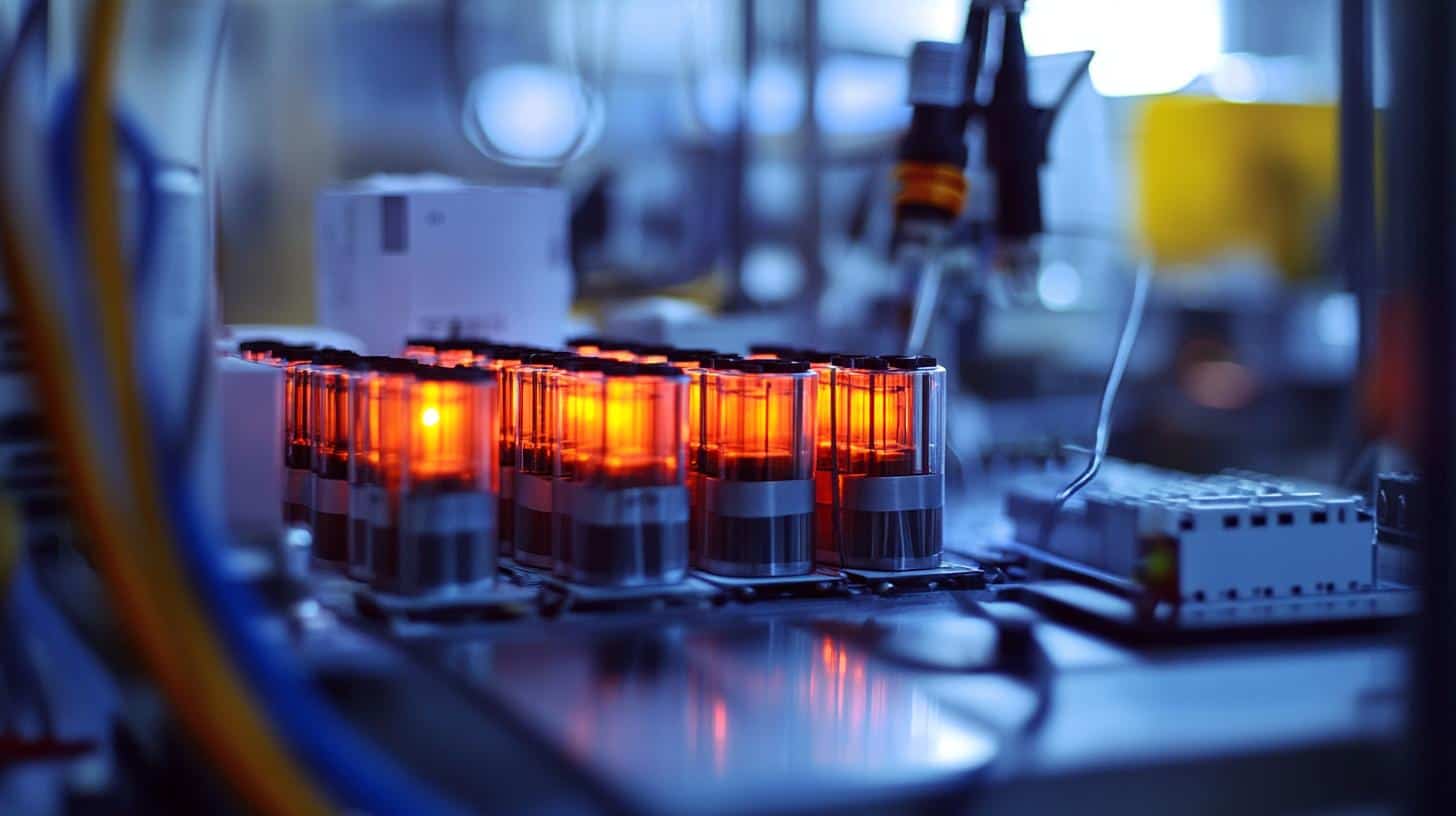In a world constantly on the hunt for cleaner, safer energy solutions, a curious trend is emerging from unlikely sources: the home workshop. Amid rising concerns about the limitations of lithium-ion batteries, tech enthusiasts and DIY aficionados are turning to solid-state batteries, building them from scratch in their own garages. Boasting enhanced safety, higher energy capacity, and longer lifespans, these batteries hold the potential to redefine how energy is stored.
Traditional lithium-ion batteries, with their liquid electrolytes, have been plagued by tales of leaks and explosions. As a response, solid-state batteries offer a safer alternative with their solid electrolytes, which significantly reduce such risks. The rise in accessible online resources and affordable materials has empowered hobbyists to delve into the complexities of these innovative power cells, mirroring the early days of personal computing.
What becomes apparent is a burgeoning DIY culture advocating for more localized energy solutions. Enthusiasts float ambitious projects, such as community energy independence, sparking ideas of neighborhood-scale power resilience. However, the question remains whether these amateur-built batteries can sustain mass appeal. There’s the ever-present risk of an unregulated industry facing safety and quality issues.
While the grassroots movement flourishes, pushing traditional manufacturers to innovate, the regulatory landscape remains murky. Who will monitor these private energy setups? As the DIY community navigates technical hurdles, it sets off a dialogue about potential shifts toward truly decentralized and sustainable energy futures.
Whether this trend signifies lasting change or merely a pastime, its implications for the energy sector are undeniable. Keep an eye on this exciting evolution, as it may herald both new opportunities and challenges in sustainable energy production.
Is the Future of Energy Hidden in Your Garage? The Rise of DIY Solid-State Batteries
In an unexpected twist, garages worldwide are becoming hotspots for energy innovation as hobbyists delve into the construction of solid-state batteries. This movement towards personalized energy solutions raises intriguing questions about its broader impact on society and the environment.
What Drives this Trend? The primary allure of these batteries is their enhanced safety compared to traditional lithium-ion cells. With solid electrolytes, they virtually eliminate risks of leaks and explosions, making them more appealing to cautious energy consumers.
A Community-Driven Revolution This DIY culture isn’t just about individual homes; it’s fostering community-driven energy solutions. Imagine neighborhoods achieving independence from the grid by pooling resources and expertise to create localized power networks. The implications for resilience in power outages or disasters are significant, potentially transforming energy reliance at a grassroots level.
However, Challenges Linger Despite the enthusiasm, safety and regulation remain critical concerns. With such endeavors occurring in unregulated environments, questions about standards and monitoring arise. Could a loosely regulated sector lead to widespread safety hazards? The potential for innovation is high, yet the need for oversight is paramount to avoid pitfalls.
Advantages and Disadvantages The advantage of localized energy is clear: reduced dependence on centralized power and increased resilience. However, the learning curve and potential for uneven quality across DIY projects can present drawbacks.
As these personal projects continue to evolve, the dialogue around energy independence and sustainability grows ever more pertinent. For those interested in the cutting-edge of energy innovation, platforms such as Energy Storage and IEEE offer further insights into this promising field. The future of energy might very well be taking shape in a garage near you.







